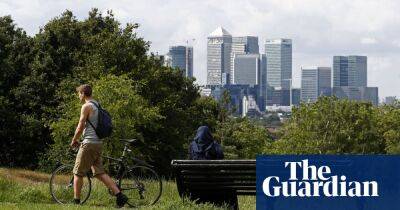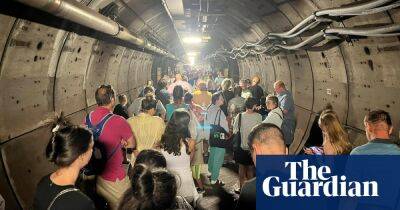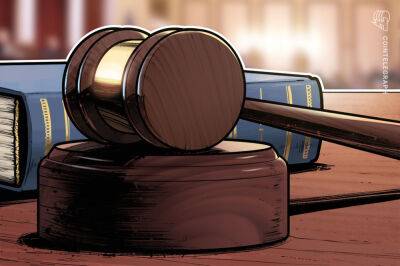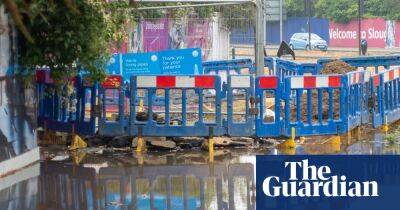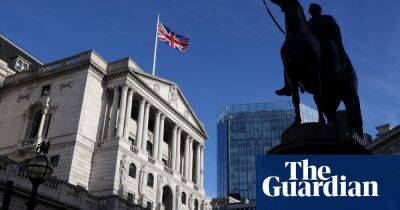Rail fares: passengers in England will not face double-digit rise
Passengers in England will not face a crippling double-digit rise in rail fares of as much as 12% after the government said it would step in to keep prices lower amid the soaring cost of living crisis.
Fares traditionally rise each January, based on the retail prices index (RPI) recorded the previous July plus 1%.
That figure – forecast to be as high as 11.9% after inflation rose to the highest rate in 40 years – is due to be announced on Wednesday.
If fares were raised by this much, the cost of an annual season ticket from Reading to London would rise by £600 to £5,644, and £684 to £6,440 commuting between the capital and Colchester.
The rise would be almost double the previous record increase and the biggest rise for regulated fares since privatisation in 1993. The previous peak was 5.9% in 2009.
However, the government has pledged that the rise will be below the rate of inflation and the increase will be delayed being implemented until March. During the coronavirus pandemic the annual increase in rail fares was pushed back from January to March.
“The government is taking decisive action to reduce the impact inflation will have on rail fares during the cost of living crisis and will not be increasing fares as much as the July RPI figure,” a spokeswoman for the Department for Transport said. “We are also again delaying the increase to March 2023, temporarily freezing fares for passengers to travel at a lower price for the entirety of January and February as we continue to take steps to help struggling households.”
The government is also devising a more competitive flexible season ticket to help commuters and passengers suffering from the cost of living crisis, according to the Sunday Times.
Sign up to Business Today
Get set for
Read more on theguardian.com

